During the 2016 elections, social media was used to terrifying effect in a way that had never been possible before. Voters on both sides of the aisle were taken advantage of and manipulated by malicious actors both foreign and domestic. One such group was Cambridge Analytica, who acquired 87 million American's private information through Facebook.
The knowledge that their data had fallen into the hands of an entity who intended to politically manipulate them without their knowledge has caused a crisis of confidence between Facebook and its users. The #DeleteFacebook movement has gained steam as many former members of the site encourage others to log off. In an attempt to make things right, Facebook is taking steps to tell its users whether or not their data was taken by Cambridge Analytica.
The process began on Monday, April 9.
By Tuesday, April 10, Facebook users will find a link at the top of their news feed notifying them of the apps they use, and what information those apps harvest. If a user's data was taken by Cambridge Analytica, they will also receive an additional message similar to this sample message provided by Facebook:
We have banned the website 'This Is Your Digital Life,' which one of your friends used Facebook to log into. We did this because the website may have misused some of your Facebook information by sharing it with a company called Cambridge Analytica.
Facebook's data collection played a prominent role both in Russian election meddling and the Cambridge Analytica scandal.
All U.S. intelligence agencies agree the Russian government played a roll in polarizing American politics through the artificial spread of fake news and hacking of important political actors, but while Russia's goal was simply to disrupt and destabilize the world's most prominent democracy, groups like Cambridge Analytica were harvesting people's data to try and sway them towards their client (President Donald Trump).
The website's collection of data (and subsequent distribution) is largely unregulated. Why? Because there's never been an entity like Facebook before, independent of the government yet constantly collecting willing citizen's information and playing an active role in deciding what news, politicians, and ideas we encounter on a day-to-day basis.
As Facebook's growing impact on our elections becomes the subject of increased scrutiny, Mark Zuckerberg, founder and CEO of the company, has made plans to testify before Congress.
He will also be meeting with lawmakers outside the Congressional chambers to answer questions about "how the company protects its users data." According to Facebook, the information obtained by Cambridge Analytica was unlawfully obtained. They had earlier given a third party access to it as part of a legal research project, which is allowed as per Facebook's terms of service, but that third party then shared the information with the political consulting firm who were connected to then-candidate President Trump. Cambridge Analytica claims they took information from no more than 30 millions users, but Facebook estimates as many as 87 million could have been affected.
The internet is still a bold new frontier when it comes to sharing information.
The best defense we have against entities who wish to take advantage of us are well-informed, well-reasoned, well-researched opinions...and perhaps we should also just check to make sure our information hasn't been stolen.

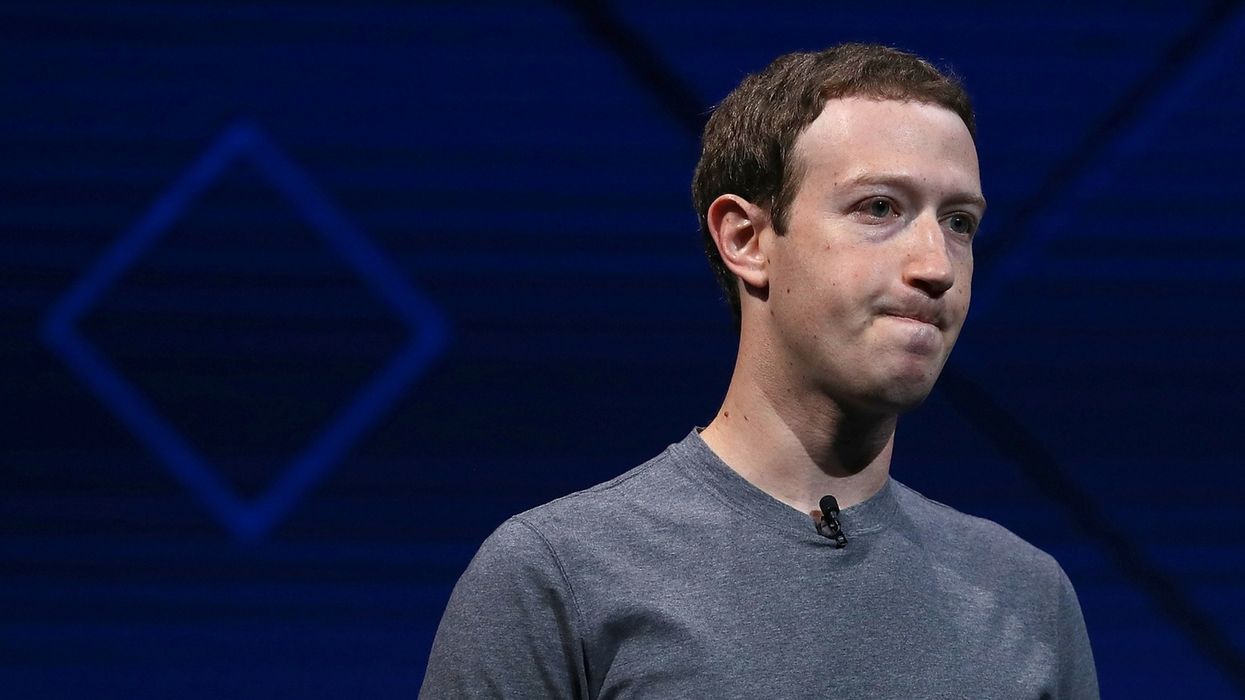


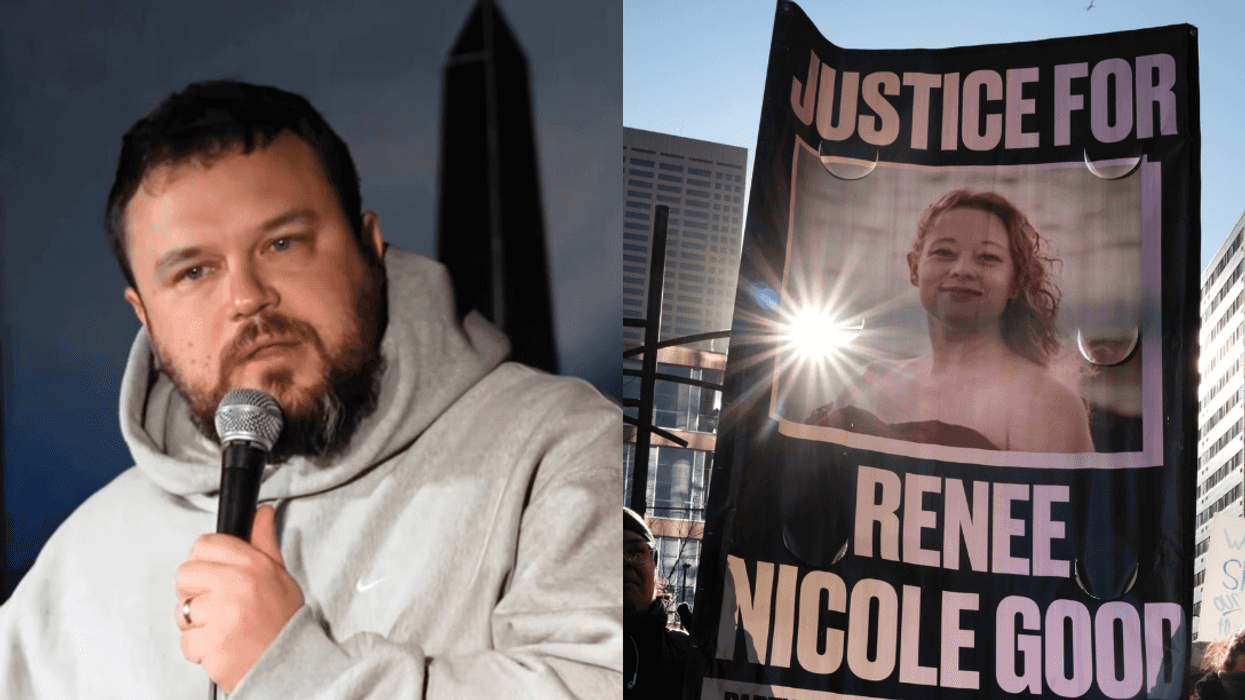
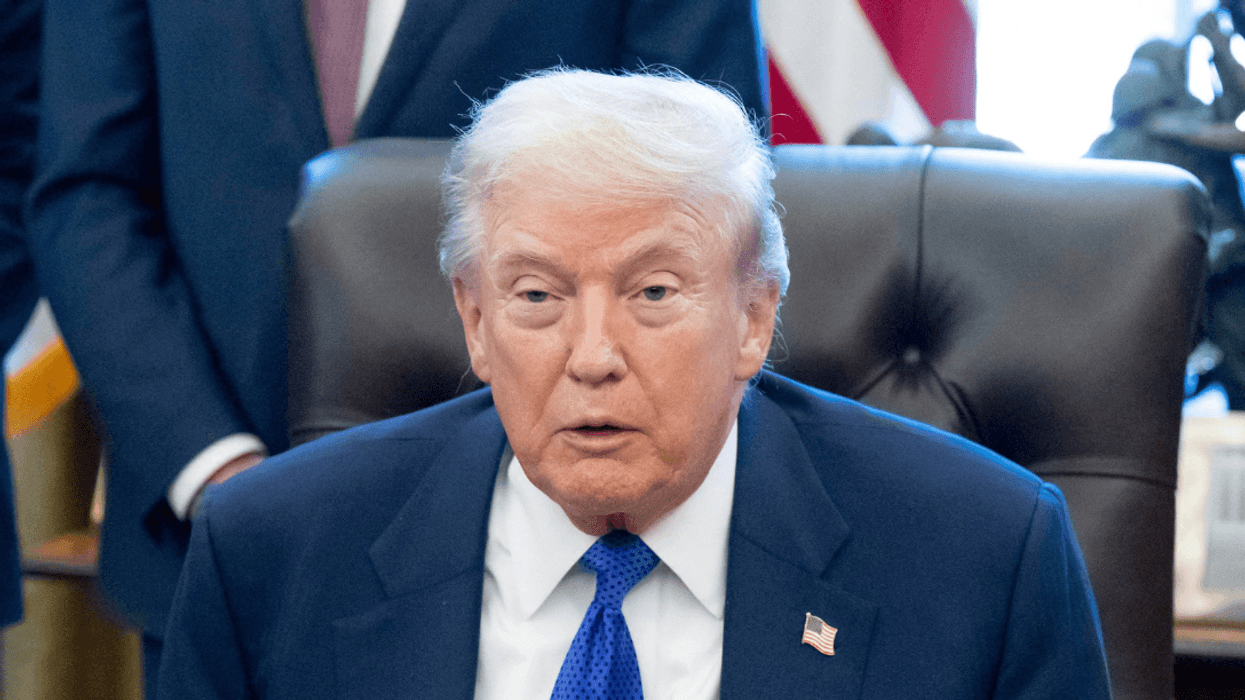


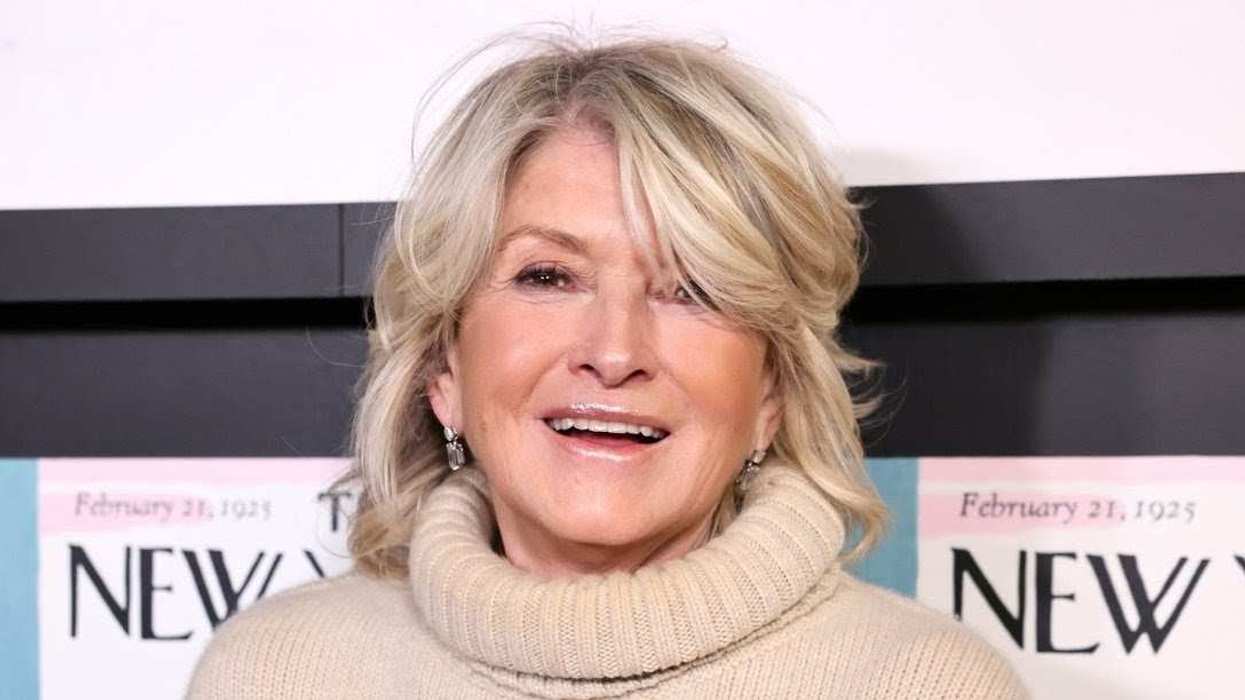





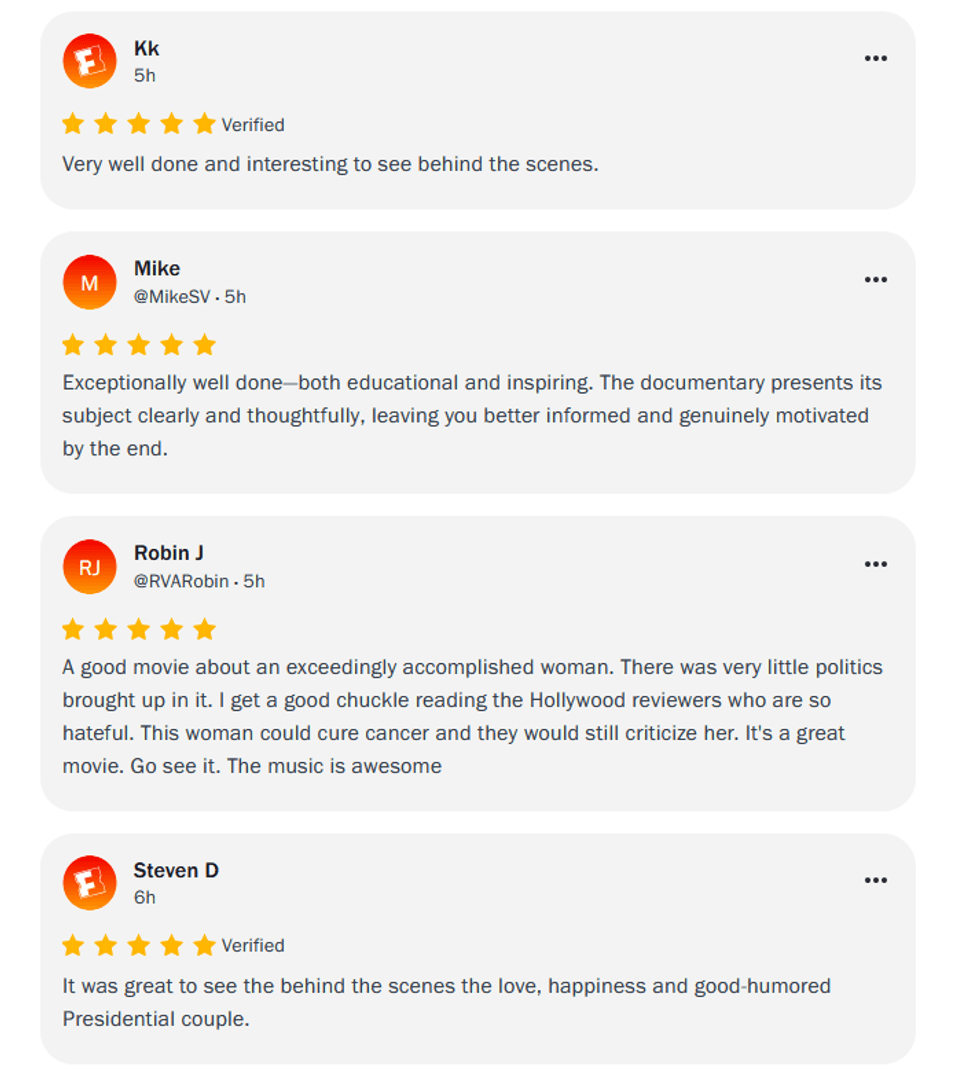 @obamaatredrobin/X
@obamaatredrobin/X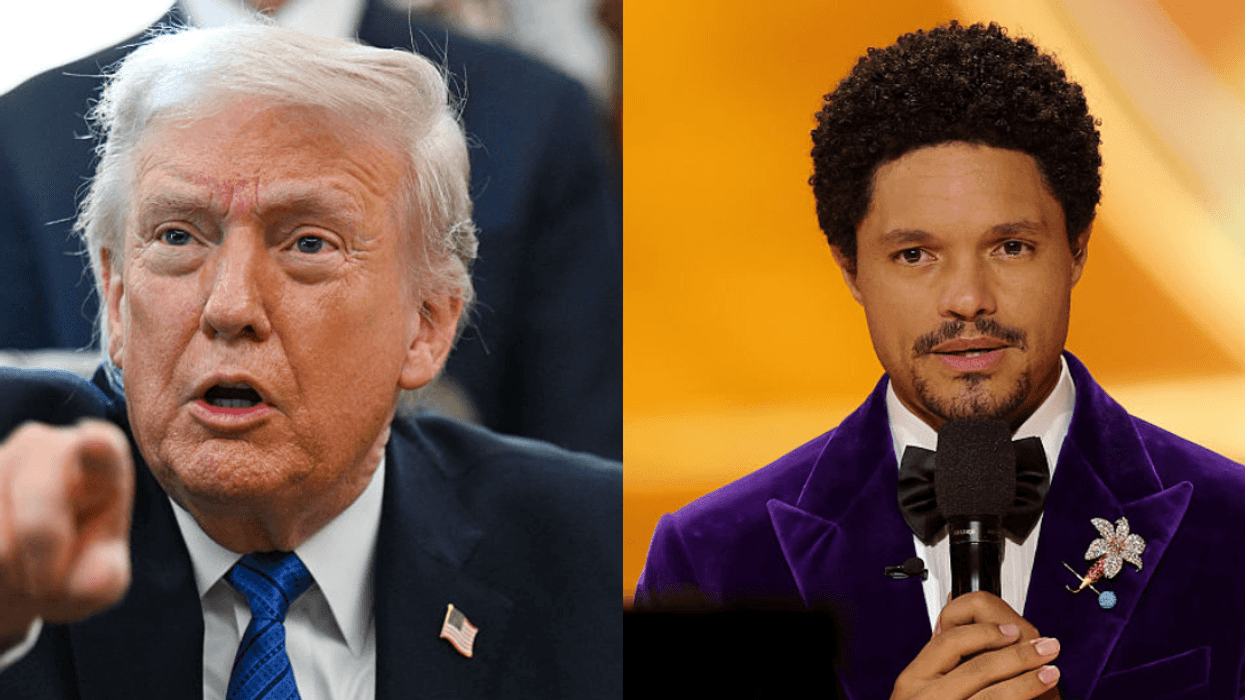
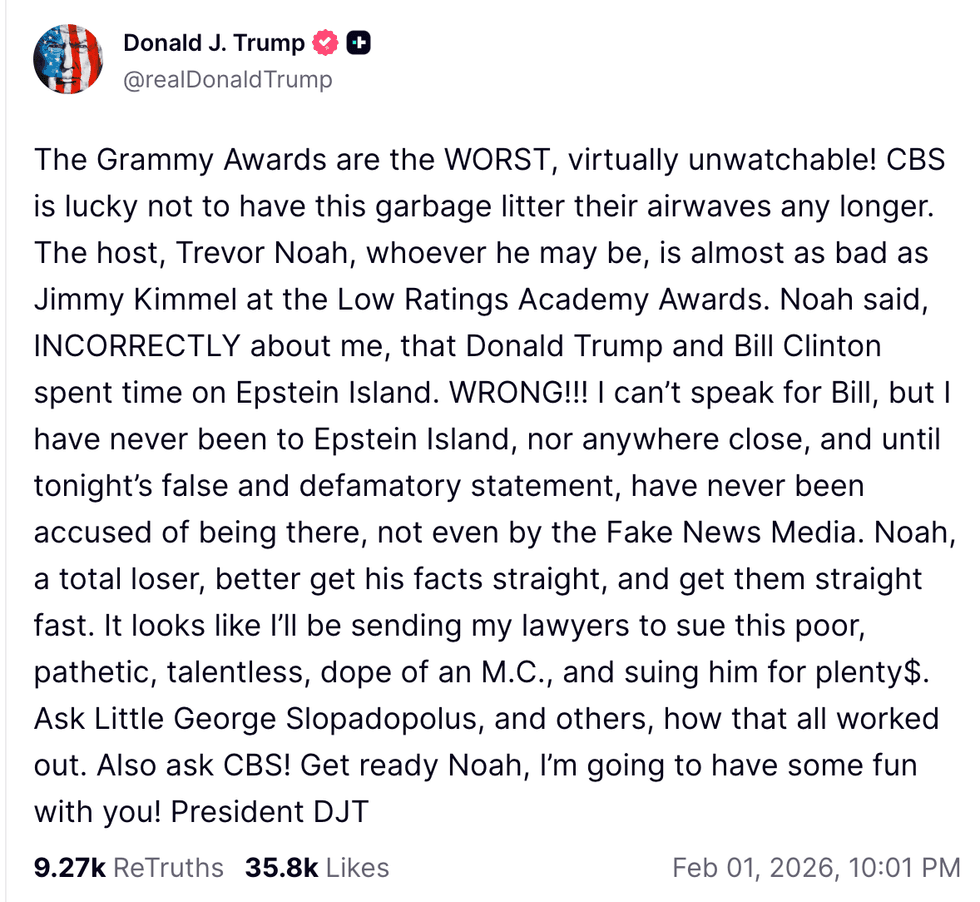 @realDonaldTrump/Truth Social
@realDonaldTrump/Truth Social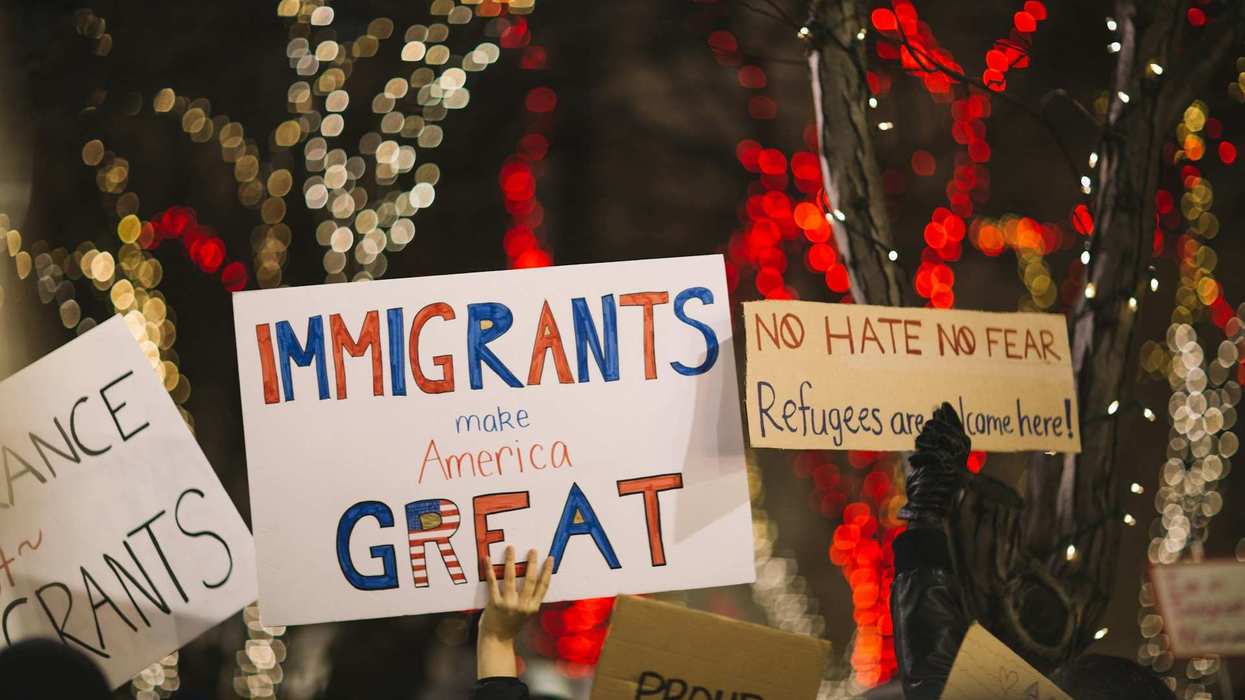

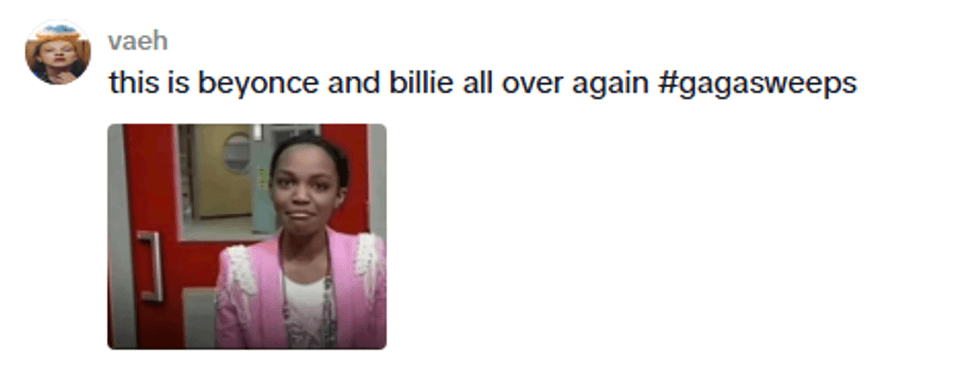 @.a.zan/TikTok
@.a.zan/TikTok @.a.zan/TikTok
@.a.zan/TikTok @.a.zan/TikTok
@.a.zan/TikTok @.a.zan/TikTok
@.a.zan/TikTok @.a.zan/TikTok
@.a.zan/TikTok @.a.zan/TikTok
@.a.zan/TikTok @.a.zan/TikTok
@.a.zan/TikTok @.a.zan/TikTok
@.a.zan/TikTok @.a.zan/TikTok
@.a.zan/TikTok @.a.zan/TikTok
@.a.zan/TikTok @.a.zan/TikTok
@.a.zan/TikTok @.a.zan/TikTok
@.a.zan/TikTok @.a.zan/TikTok
@.a.zan/TikTok @.a.zan/TikTok
@.a.zan/TikTok @.a.zan/TikTok
@.a.zan/TikTok